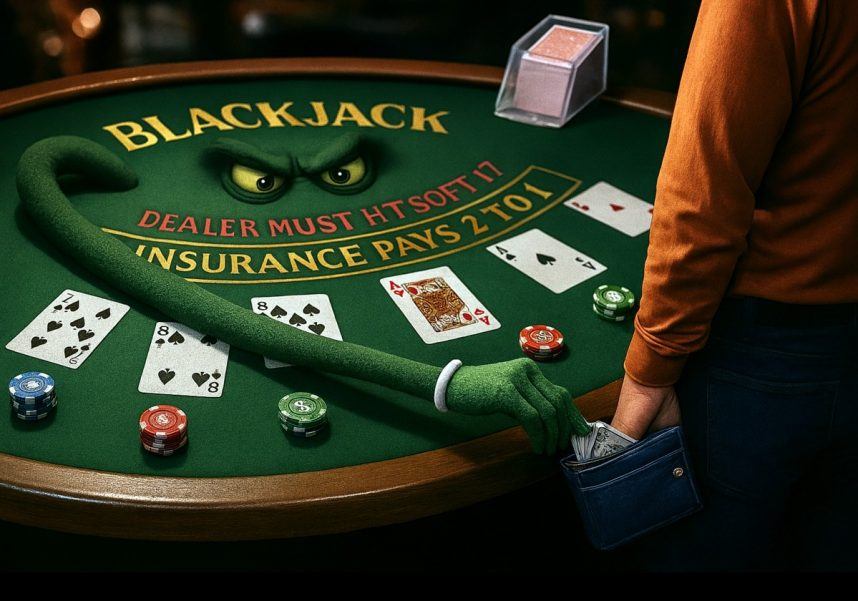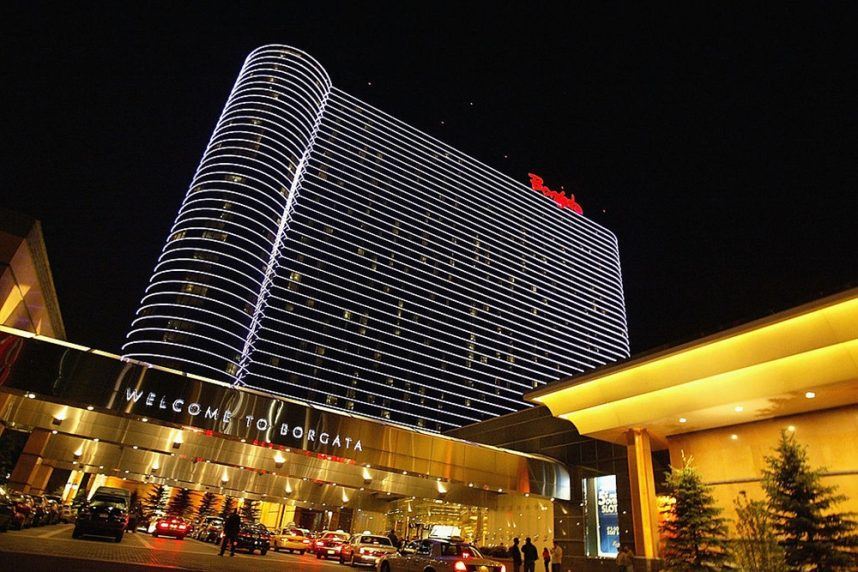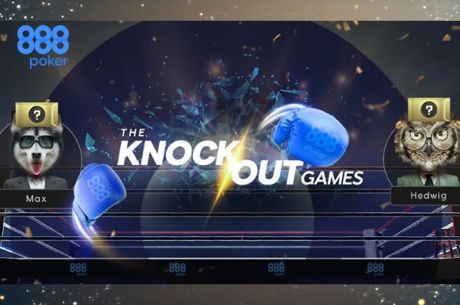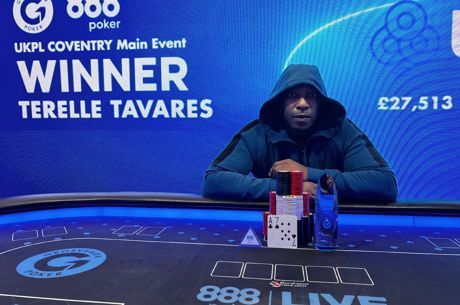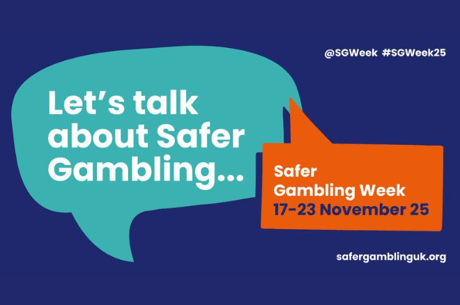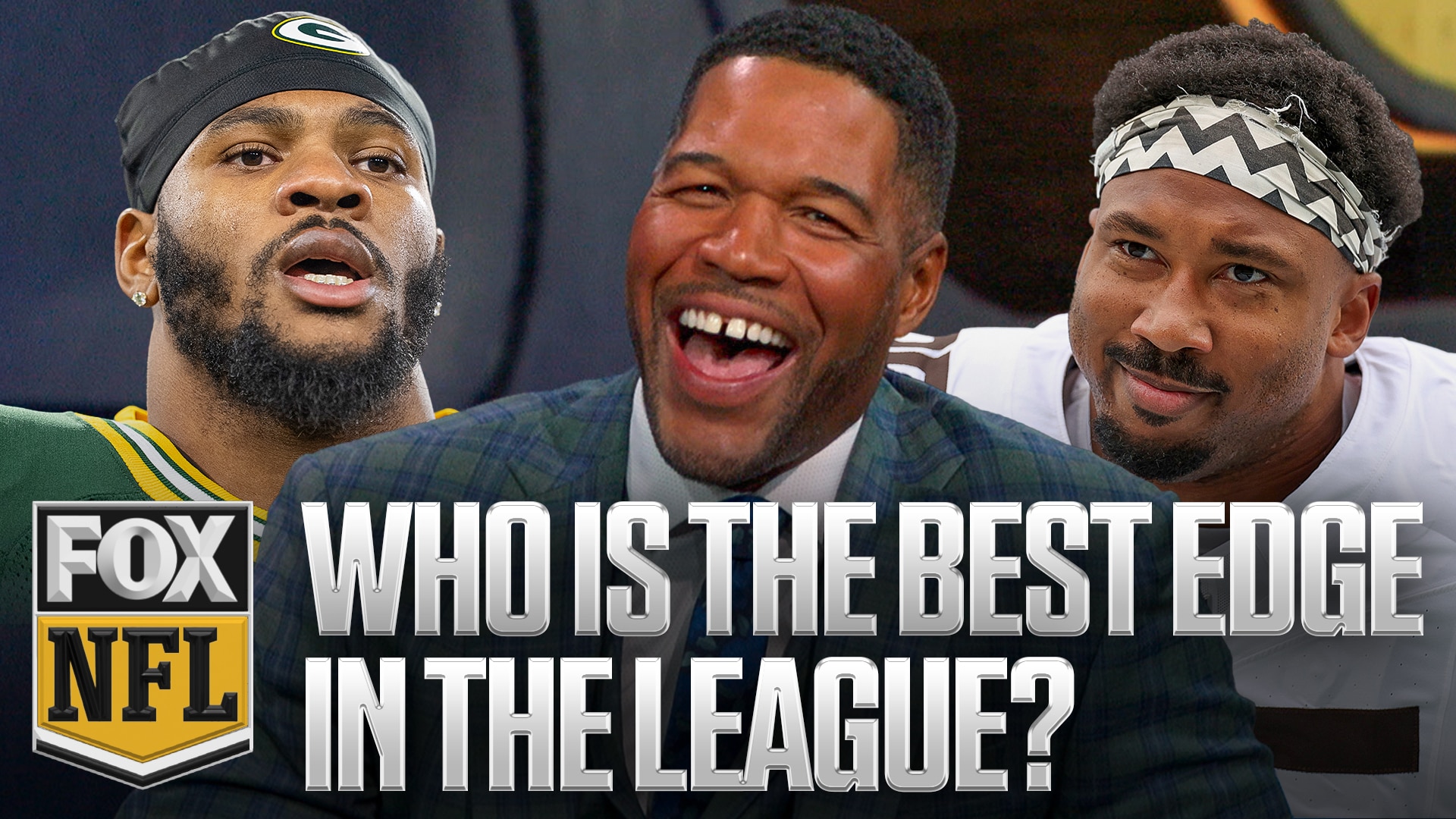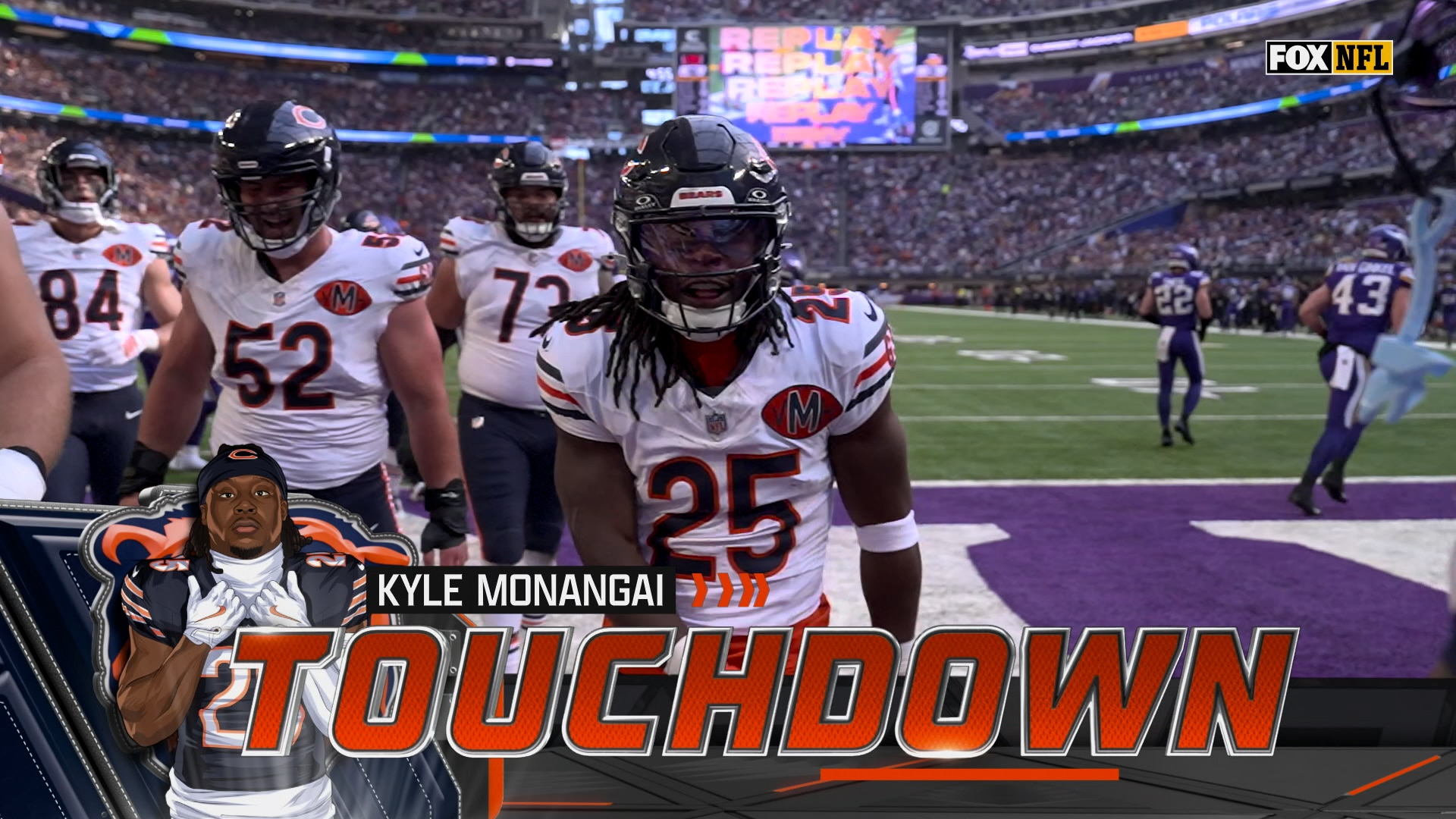It’s Safer Gambling Week, and it’s a week to engage in conversations about what we’ve learned in the last year, and how we move the sector towards a safer and more sustainable future in 2026 and beyond. But this year I’m going to be the party pooper, because I’m going to talk about what’s undermining all our efforts to reduce gambling harm: the black market.
When we want to control or reduce social engagement with certain activities, we look to introduce friction between the consumer and the product. Tobacco and alcohol offer a working model for these strategies. We put taxes up, increasing the cost to the consumer. We put in place customs barriers that limit the import of these goods. We introduce licensing laws that limit who can produce or sell these products.
These strategies are effective for tobacco and alcohol for a very simple reason: consumers cannot easily get round them. The physical nature of these products gives governments a lot of options and levers that can exert direct control over the availability of these products. To circumvent taxes, customs restrictions or licensing laws takes significant effort and exposes the consumer to real risk of penalties for doing so.
But the key criteria for these strategies to be effective is the physical nature of the product. And remote gambling is the antithesis to the physical nature of these products. It can be created elsewhere and imported into a licensed market instantaneously. Customs agents can’t stop it getting through and the producers sit outside of governments’ legal reach. There’s no risk of punitive penalties to the consumer for engaging with an unlicensed business. Increasing taxes doesn’t drive up the cost of the illegal market.
In short, all of the levers that we ordinarily use to discourage consumer engagement with a these products don’t work when we’re talking about digital services.
And this is a huge problem when we start thinking about gambling harm. When we’re talking about a compulsive disorder, one of the principal strategies to control it is the introduction of increased friction. By increasing friction, we don’t necessarily entirely inhibit the person’s ability to access the problematic activity, but we impair it and slow them down; buying them time to reconsider. But any friction that the licensed market can create to shield vulnerable players is entirely undermined by an easily accessed, friction-free black market.
Compromised
Take national self-exclusion schemes. A great idea – making it easy for a player to restrict themselves from the entire licensed market. This was a significant step forward for regulated markets. But the effectiveness of this approach is substantially compromised by alternative gambling options available with only a few clicks.
Or affordability checks. These checks are controversial, as consumers have been found to find them invasive and highly frustrating, but it is an approach many regulators turn to. They could be effective if the player’s only option was the regulated market. But with the black market squatting, only moments away, offering consumers the option to bypass this type of check entirely, the efficacy of this entire strategy comes into question.
Even ISP blocking of black market operators has limited effect when we consider that widely available, free browser extensions can bypass them. Or that it’s straightforward for the operator to simply change their domain name and redirect the traffic to circumvent the block. This is even effective at undermining blocking software, though we can block the browser extensions and respond more quickly to domain name changes.
My point here is that no matter what we do to introduce friction when accessing gambling, our efforts are at best only partially effective as long as consumers can easily access an alternative supplier, meeting the same need without any of the friction. Of course, people are going to travel the path of least resistance. That is a behaviour pattern that is hardwired into us.
If we want to significantly reduce gambling harm in our communities, we need to increase friction on access to the black market. Our approach to-date, working individually within our own countries and licence systems, have failed. The ability of black market firms to sit outside of the reach of any individual country’s legal arsenal has thwarted efforts to crack down on these businesses. If we stick to this approach, it may make for positive sound bites to convince voters we’re doing something, but it’s not going to change the outcome.
If we want to affect real change, and substantively reduce gambling harms, we need a new approach. We need to extend the reach of the licensing authorities to exert pressure and disrupt the black market internationally to legally reach further beyond their borders. We need to sanction businesses disregarding the laws of their country. And to do that we’re going to need a coordinated, international effort. A coalition of the willing. Regulators working across borders, cooperatively, to tackle illegal gambling operators.
Recently, when speaking at the International Association of Gaming Regulators (IAGR) conference in Toronto, Michel Groothuizen, the chief of the Dutch regulator, the KSA, called for the formation of a global “gambling Interpol” to tackle unlicensed online gambling operators. This is a substantial ask, but in a world where technology has changed the rules of engagement, this is the type of innovative thinking that’s going to be required to tackle the problem.
If we don’t act, and deal with the realities of the sector that actually exists, the hard truth is that our efforts to reduce gambling harm will always be muted and overshadowed by the looming presence of the illegal market.

Duncan Garvie is the founder and one of the trustees for the charity BetBlocker. He has
worked in the remote gambling industry for over a decade as an Alternative Dispute
Resolution (ADR) Official, managing disputes between consumers and online gambling
operators
The post Safer Gambling Week: why the black market is Kryptonite to harm-reduction first appeared on EGR Intel.

.png) 3 hours ago
14
3 hours ago
14




